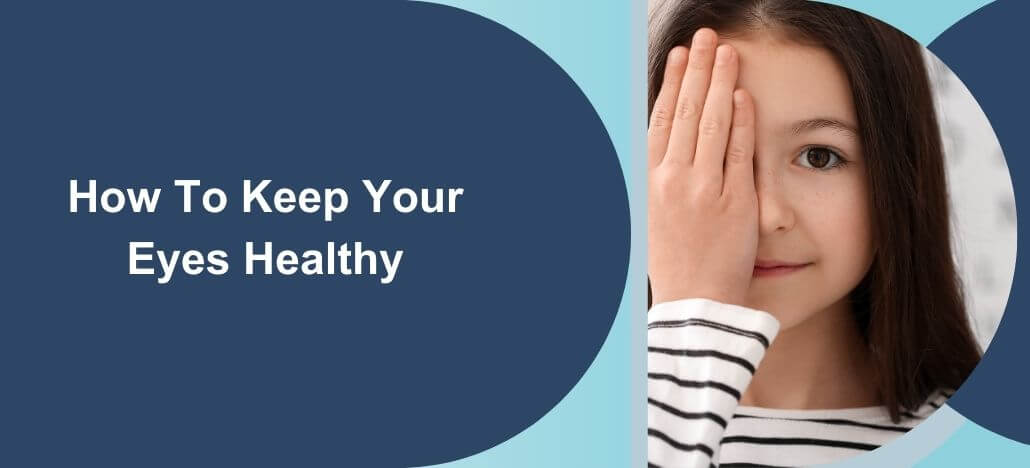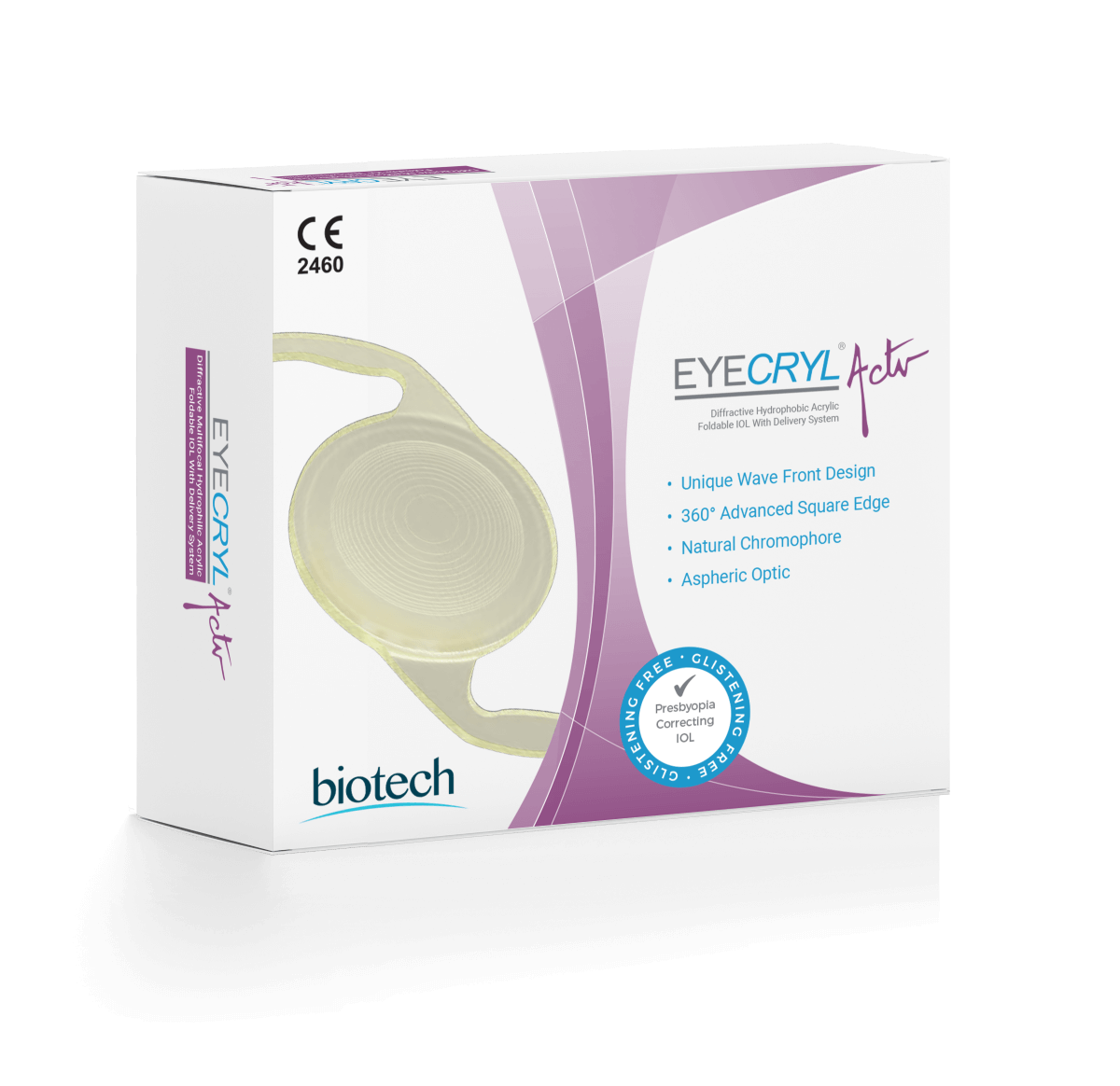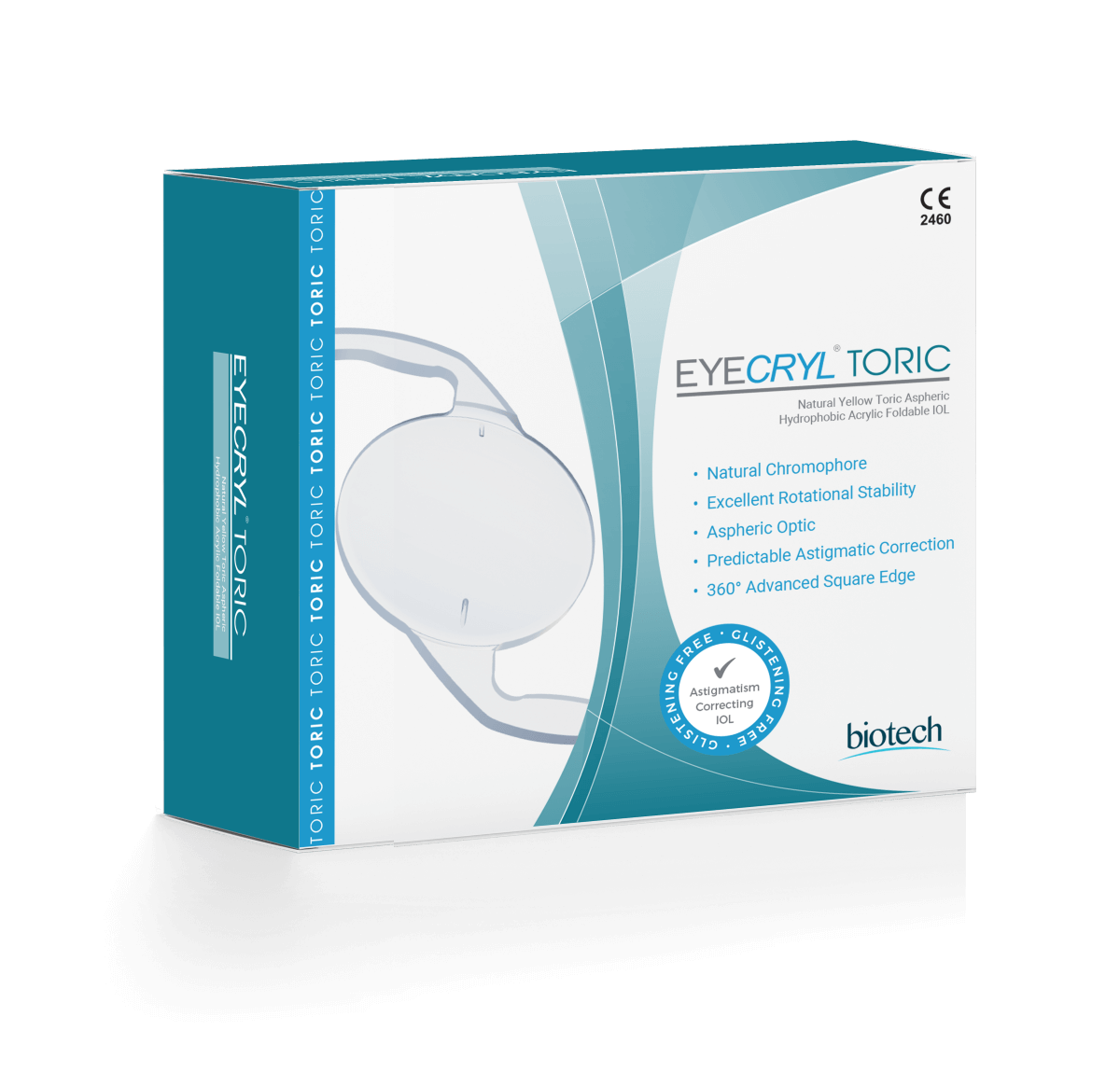
How to Keep Your Eyes Healthy
Maintaining optimal eye health is a vital aspect of overall well-being, and it demands a comprehensive approach encompassing regular care, lifestyle choices, and preventive measures. One of the fundamental practices to keep your eyes healthy is to follow the 20-20-20 rule. This simple yet effective guideline suggests that for every 20 minutes spent staring at a digital screen, you should take a 20-second break and focus on an object 20 feet away. This practice significantly reduces eye strain, which is a common consequence of prolonged exposure to digital devices. Additionally, ensure you wash your hands frequently to prevent eye infections, as our hands can easily transfer bacteria to our eyes. Wearing protective eyewear is another crucial step. Whether you’re engaged in activities that pose a risk of eye injury or are exposed to harmful UV rays, wearing sunglasses that block 100% of UVA and UVB rays is essential. This not only helps prevent immediate damage but also reduces the risk of long-term conditions like age-related macular degeneration. Regular eye exams are indispensable, as they allow for early detection and management of various eye conditions. Visiting an eye doctor can help identify issues before they become severe, enabling timely treatment and maintaining overall eye health.
What Can Be Done Daily to Protect Eye Health?
Daily habits play a significant role in safeguarding your eye health. Integrating omega-3 fatty acids into your diet is highly beneficial, as they are crucial for maintaining the health of your optic nerve and reducing the risk of age-related macular degeneration. Foods high in omega-3 fatty acids, such as fish, flaxseeds, and walnuts, should be a staple in your diet. It’s also important to eat a healthy, balanced diet rich in fruits and vegetables, which provide essential vitamins and antioxidants for eye health. To protect your eyes, make it a routine to wear sunglasses when you are outside, regardless of the weather. UV rays from the sun can harm your eyes even on cloudy days, leading to conditions like cataracts and macular degeneration. Giving your eyes a rest from continuous screen time is vital; following the 20-20-20 rule helps alleviate eye strain and prevents fatigue.
What Are the Early Signs of Eye Diseases?
Early detection of eye diseases is crucial for effective treatment and prevention of vision loss. One of the initial signs to look out for is blurry vision, which can indicate various eye conditions including high blood pressure-related eye problems and age-related macular degeneration. Frequent eye strain, headaches, and difficulty focusing on objects can also be early indicators of eye issues. If you notice any changes in your vision, such as seeing floaters, flashes of light, or experiencing sudden vision loss, it is imperative to seek immediate medical attention from an eye doctor.
Other symptoms that may suggest the onset of eye conditions include persistent redness, itchiness, or dryness, which can signal infections or inflammation. Pay close attention to any discomfort or changes in your eyes, as these can be early warning signs of more serious conditions like glaucoma or diabetic retinopathy. Regular eye exams are essential to catch these signs early and manage any potential problems effectively.
How Often Should Eye Examinations Be Performed?
The frequency of eye examinations varies depending on age, risk factors, and overall health. Generally, it is recommended to have a comprehensive eye exam every two years, even if you do not experience any noticeable vision problems. For individuals over the age of 60, annual eye exams are advisable due to the increased risk of age-related eye conditions such as macular degeneration and cataracts. Those with a family history of eye diseases or underlying health conditions like diabetes or high blood pressure should also schedule regular check-ups to monitor their eye health closely. Regular eye exams are a critical component of maintaining eye health and preventing long-term damage.
Which Age Group Should Pay More Attention to Eye Health?
While eye health is important for everyone, certain age groups need to be particularly vigilant. Older adults, especially those over the age of 60, should pay close attention to their eye health due to the higher risk of age-related conditions such as macular degeneration, glaucoma, and cataracts. Regular eye exams for this age group are essential to monitor changes in vision and manage any emerging issues promptly.
How Does a Healthy Lifestyle Affect Eye Health?
Adopting a healthy lifestyle has a profound impact on maintaining good eye health. Eating a healthy, balanced diet that includes plenty of fruits, vegetables, and foods high in omega-3 fatty acids helps provide the necessary nutrients for optimal eye function. Regular physical activity can also benefit your eyes by improving circulation, which ensures that your eyes receive adequate oxygen and nutrients. Maintaining a healthy weight and managing conditions like high blood pressure and diabetes are crucial, as these can affect your vision and increase the risk of eye diseases. Avoiding smoking is another key factor, as it is linked to an increased risk of cataracts and macular degeneration. Reducing screen time and practicing good habits like the 20-20-20 rule can help prevent digital eye strain and fatigue.
FAQ
What are the effects of digital devices on eye health?
The extensive use of digital devices can lead to a condition known as digital eye strain, characterized by discomfort, dryness, and blurred vision. Prolonged exposure to screens can cause the eyes to work harder, leading to eye strain and fatigue. Blue light emitted from digital devices can also disrupt sleep patterns and contribute to long-term damage to the retina. It’s important to take regular breaks, follow the 20-20-20 rule, and adjust screen settings to reduce glare and exposure to blue light.
Which bad habits can negatively affect eye health?
Several habits can negatively impact eye health, including smoking, which increases the risk of cataracts and damages the optic nerve. Poor diet choices that lack essential nutrients can lead to vision problems and age-related conditions like macular degeneration. Inadequate protection from UV rays by not wearing sunglasses can cause immediate and long-term damage to the eyes. Additionally, neglecting regular eye exams and not addressing vision changes promptly can lead to undiagnosed eye conditions and permanent vision loss. Ensuring proper eye care and adopting healthy habits is essential for maintaining good eye health.
Our Bestsellers
Categories
Company
Media
Follow Us
© Copyright Biotech /Terms Of Use - Privacy Policy
Version 2_CT_1212222



